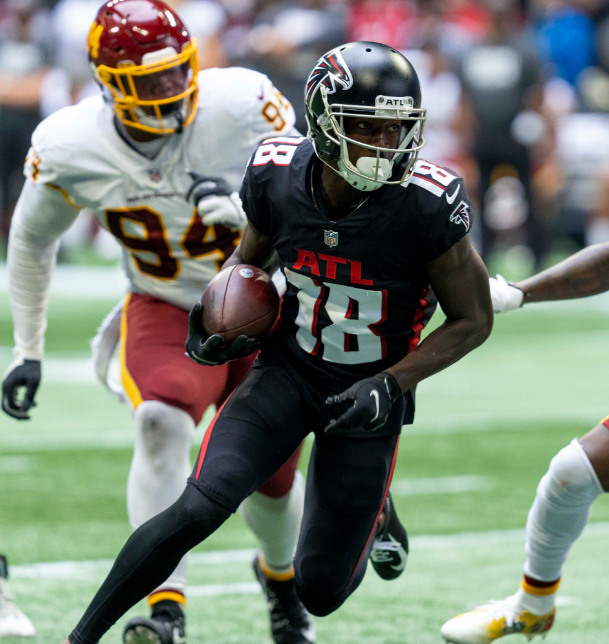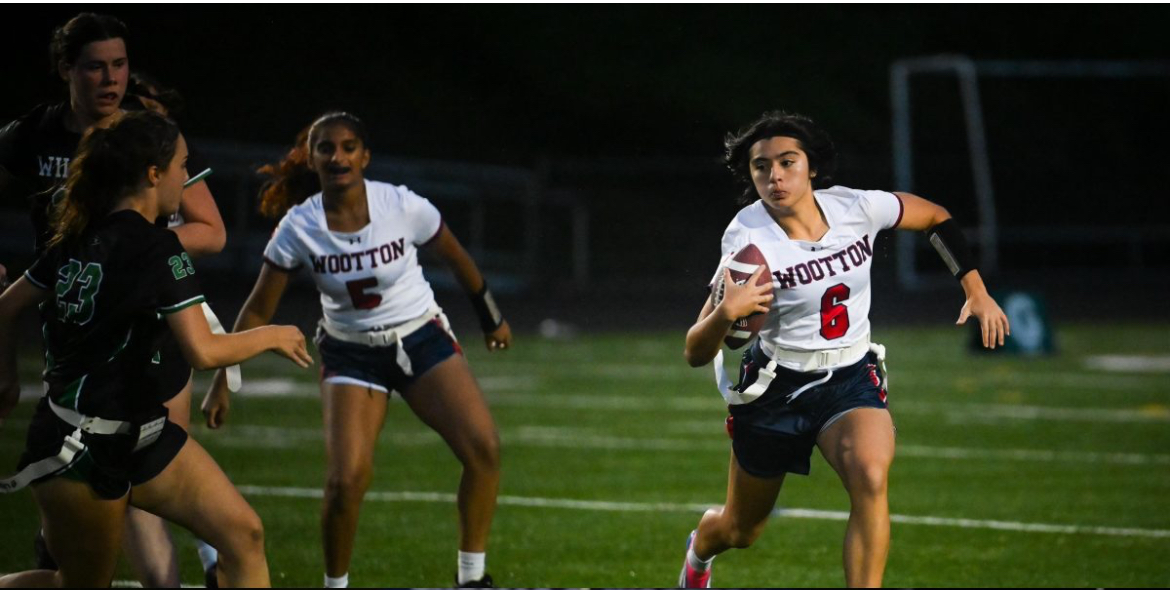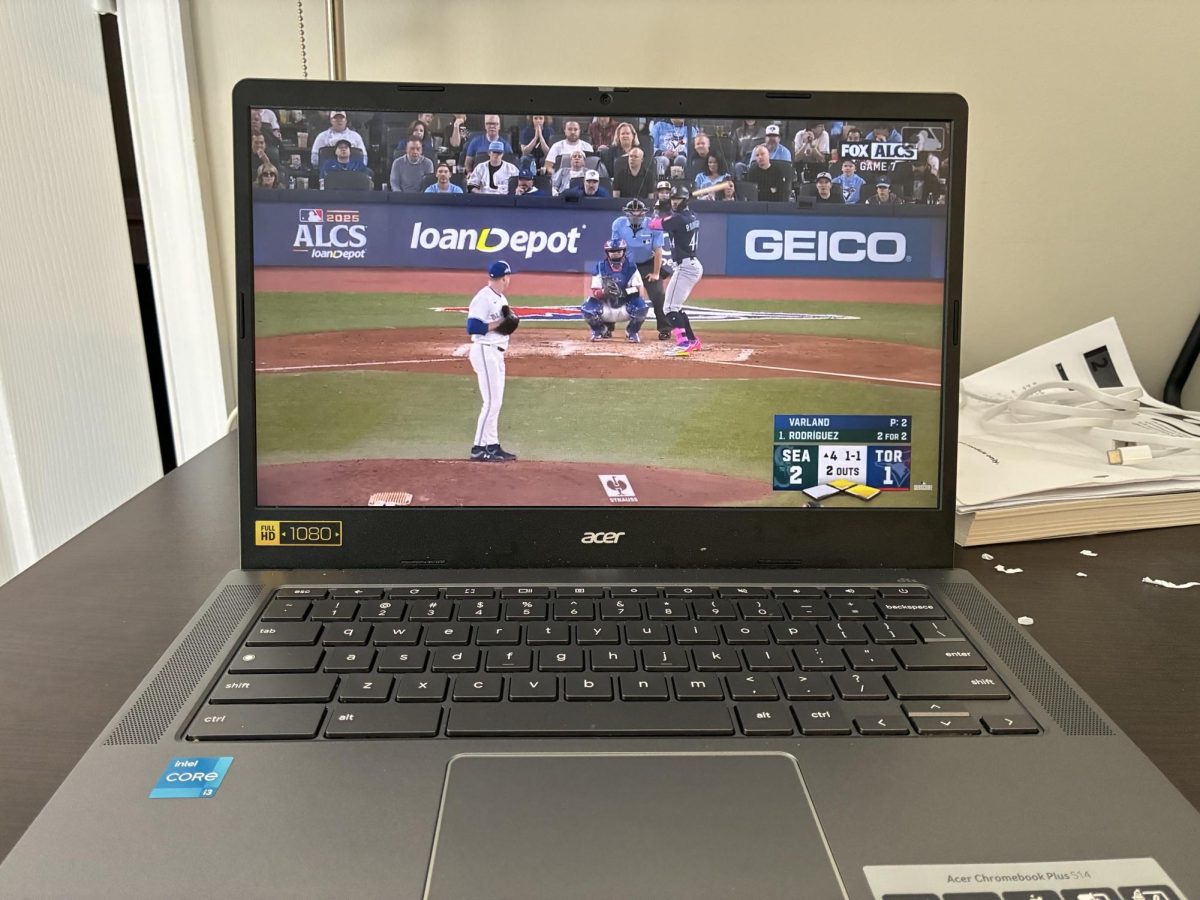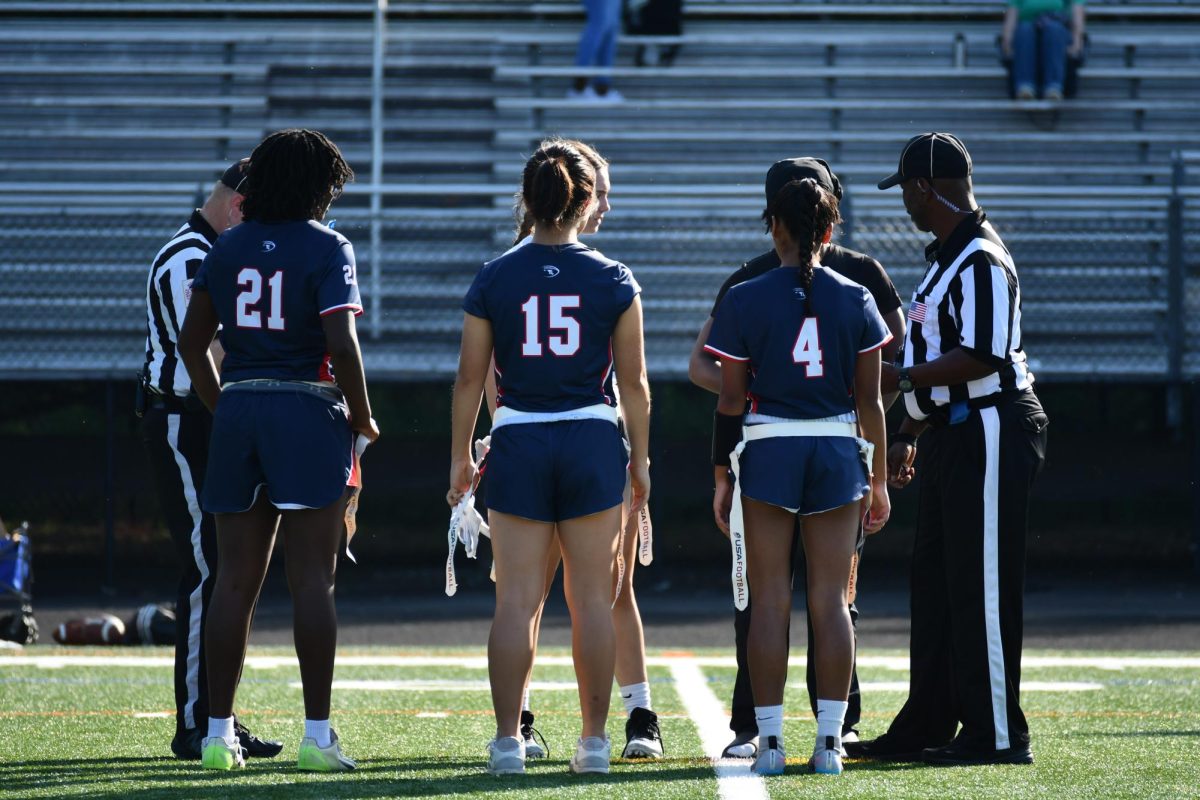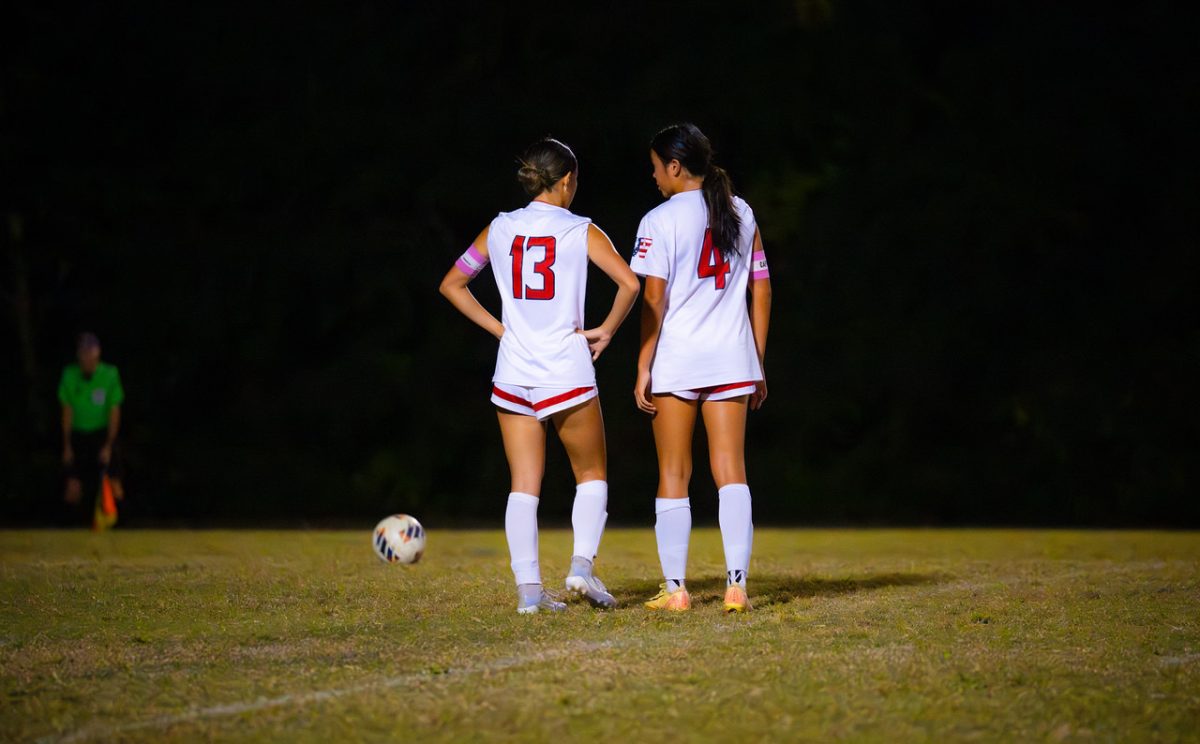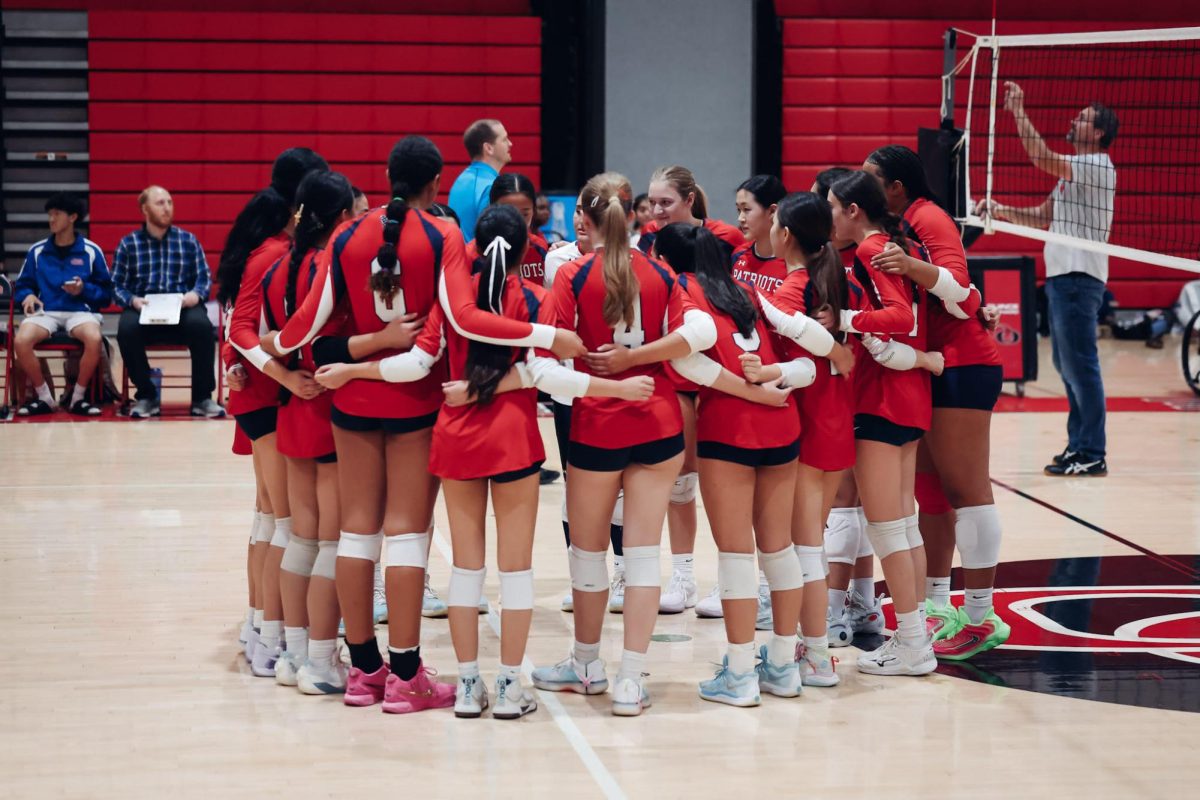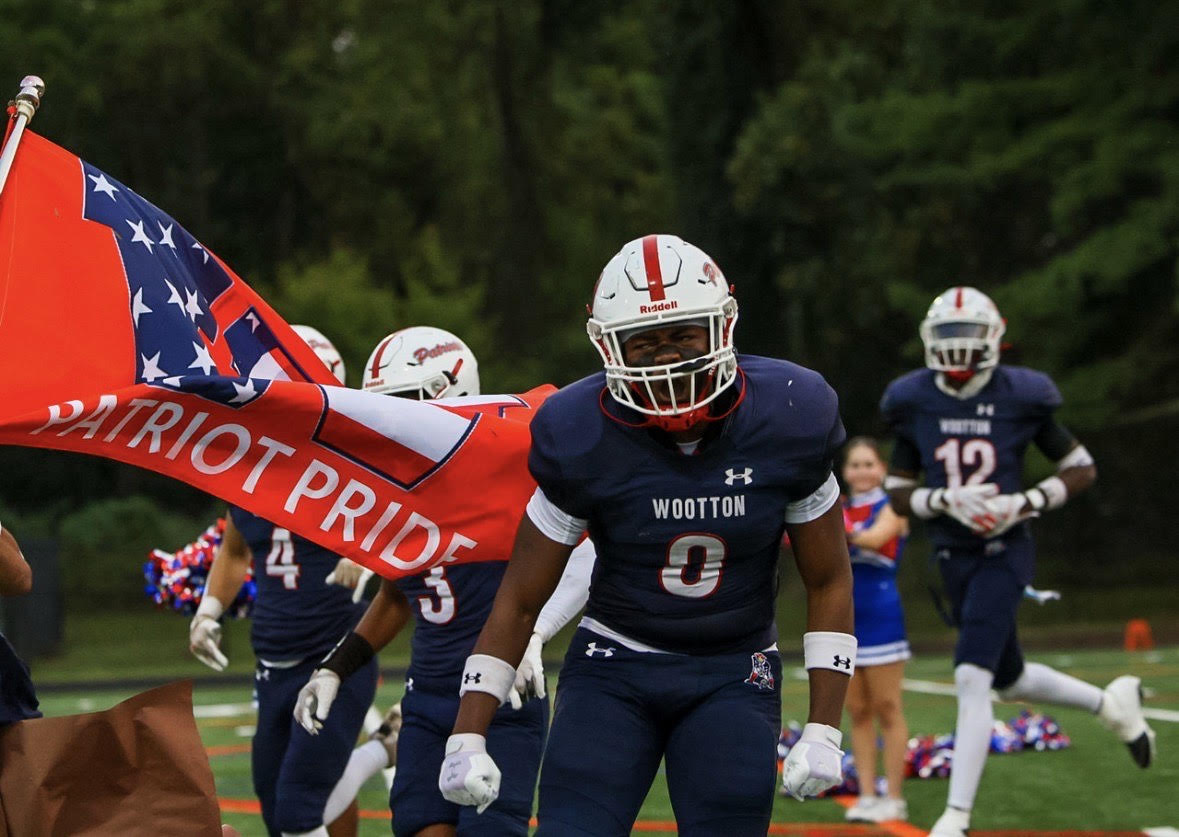According to recent online gambling industry statistics from ESPN, there has been a 20% average annual growth rate that has resulted in a $95 billion revenue in 2023. With this revenue increase, there has also been an increase of 80 million new users gambling online over the last four years. One issue with this increase in users is that not all of them are betting responsibly or legally, at least not when it comes to athletes and sports figures.
In 2023 alone, 11 athletes were punished by their respective leagues for gambling-related infractions: 10 NFL players and one NHL player. NFL wide receiver for the Detroit Lions Jameson WIlliams was suspended for six games for betting on a non-NFL event while he was still present at an NFL facility, according to ESPN. This was due to the strict rules and regulations that the league has in place that Williams claims he wasn’t aware of, according to ESPN. Another NFL wide receiver for the Jacksonville Jaguars, Calvin Ridley, was suspended for the entirety of the 2022-2023 season for also violating the NFL’s gambling policy. The difference this time is that Ridley said that he was inspired by a gambling advertisement that he saw on TV.
One thing that you will notice if you tune into a sporting event that is being nationally televised is there are a lot of commercials that are gambling related, from companies like BETMGM, Underdog Fantasy and Fanduel just to name a few. Fans might be able to see how athletes, like Ridley, could be enticed to make a mistake that could cost them their whole career. Students who watch a lot of sports have similar thoughts, such as sophomore Nathan Zweig. Despite the fact that betting and gambling under the age of 21 is illegal in Maryland, Zweig said, “When I see those betting commercials while watching my favorite team play, It makes me want to place a bet myself even though I can’t.”
According to a psychology professor at the University of Las Vegas, Shane Kraus, most of the athletes who are getting caught for violating gambling policies are in their early to mid 20s, which is on the younger side for professional athletes. They are part of the first generation to grow up with social media and electronics such as smartphones that are easily accessible. Even for sports figures, gambling can be a serious addiction and when you make an addiction as easily accessible as it is nowadays, some players relapse.
Even though the consequences of these actions have been minimal for these athletes, there are some instances where there’s no coming back. On Apr. 17 Toronto Raptors forward Jontay Porter was banned from the NBA for life after he “violated league rules by disclosing confidential information to sports bettors and also bet on NBA games,” according to the official press release from commissioner Adam Silver.
Silver also stated that Porter’s actions could only be described as the “cardinal sin” of the NBA. This came as a bombshell to fans because it showed that the commissioner is cracking down on any type of gambling regarding athletes in the NBA. Students had mixed reactions about this suspension. Sophomore Chase Mitchell said, “When I first heard the news about the suspension I was shocked, I hadn’t seen anyone get banned for life for a sport before.”
Other students such as sophomore Landon Brenner disagreed. Brenner said, “I wasn’t really surprised at the news because of the fact that what he did was so bad and he deserved It.”
Online sports betting is clearly an increasing problem for athletes and there’s a good chance it will get worse. Kraus proposed that large sports organizations like the NBA, NHL and NFL start giving lessons to young athletes about how serious gambling is or else they won’t know they’re falling into a trap they can’t escape from.


